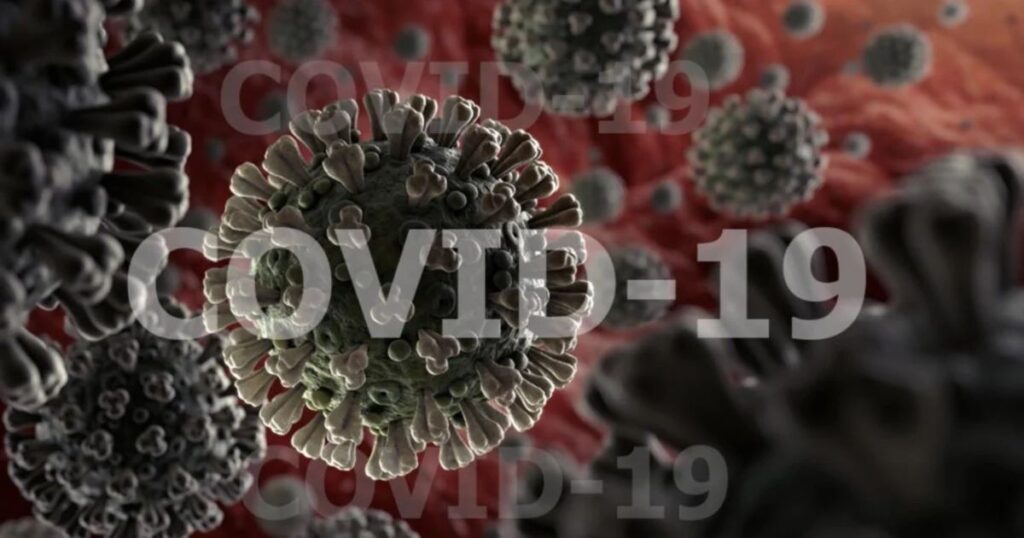COVID-19 mutations may invalidate convalescent plasma therapy
- Normal Liver Cells Found to Promote Cancer Metastasis to the Liver
- Nearly 80% Complete Remission: Breakthrough in ADC Anti-Tumor Treatment
- Vaccination Against Common Diseases May Prevent Dementia!
- New Alzheimer’s Disease (AD) Diagnosis and Staging Criteria
- Breakthrough in Alzheimer’s Disease: New Nasal Spray Halts Cognitive Decline by Targeting Toxic Protein
- Can the Tap Water at the Paris Olympics be Drunk Directly?
COVID-19 mutations may invalidate convalescent plasma therapy
COVID-19 mutations may invalidate convalescent plasma therapy. The new coronavirus mutation may invalidate the recovery period plasma therapy and increase the risk of secondary infection.

According to Fox News, two recent studies have pointed out that mutations of the new coronavirus may invalidate the recovery period plasma therapy, and once infected persons may be infected again, which undoubtedly increases the difficulty of controlling this virus again.
Many universities in South Africa and the South African National Institute of Infectious Diseases published a study on the preprint website bioRxiv, claiming that the new coronavirus infects cells through contact with the spike protein, which is also the main target of current antibody drugs and vaccines. One of the 501Y.V2 mutants in the N501Y reported in South Africa has nine mutations in the spike protein region, which has increased the infectivity of this virus strain by 50%, and may also affect the effectiveness of current various therapies.
Convalescent plasma therapy is one of the immunotherapy against the new coronavirus. There are antibodies in recovered patients, and the antibodies in the plasma can be purified and used to treat critically ill patients. This has been authorized for emergency use in the United States. However, this South African study found that the mutant strains were resistant to plasma therapy during the recovery period.
The researchers took 44 convalescent plasma samples to test the N501Y mutant strain, and 48% of the samples showed no immunoneutralizing activity against the 501Y.V2 strain. Further research found that this mutant strain can also resist three monoclonal antibody treatments.
Antibodies in the plasma during the recovery period have decreased immunity to the mutated virus. Does the survivor still have natural immunity? This may have been verified in reality. Professor Ravi Gupta, a virologist at the University of Cambridge in the United Kingdom, discovered that a virus mutant strain P.1 reported in Brazil can significantly increase the risk of secondary infection.
Since the second infection of the COVID-19 virus was reported in Hong Kong, the Netherlands and other regions in August 2020, there have been dozens of reports around the world, proving that the secondary infection of the original virus may occur, but the risk is very low. According to Gupta, it was estimated that over 70% of the population in Manaus, Brazil was infected last fall, which can be considered as a natural herd immunity. However, the city has seen a sharp increase in the number of cases recently, which proves that many people who have been infected have had secondary infections. The main virus strain in the new round of the epidemic is this P.1 mutant, which has several mutations in common with the N501Y mutant reported in South Africa.
The study authors used the results of 48% of the mutant strains in the South African study to escape immune neutralization to prove that the mutant strains may increase the risk of secondary infection under realistic conditions, but it is not yet possible to determine how long the immune activity can be maintained after recovery.
Experts added that due to the mutation of spike protein, it is possible to reduce the effectiveness of the new coronavirus pneumonia vaccine against this protein. Therefore, we need to establish an updated adaptive vaccine design platform, and then find a target that is not easy to mutate as an antigen to develop antibody therapies or new vaccines.
(source:internet, reference only)
Disclaimer of medicaltrend.org



